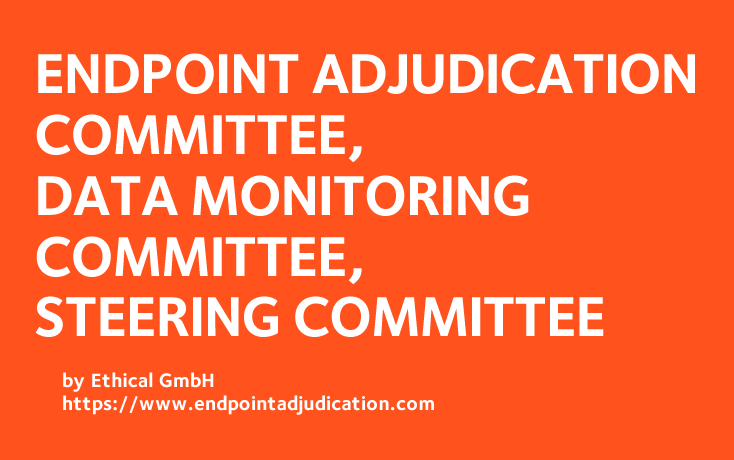Clinical trials are increasingly run in a collegial manner with the involvement of various committees of independent experts. The landscape of clinical development of the 21st century is shaping up and it is different from that of the past millennium.
Clinical trials used to be run by sponsors and were thought to be impartial as long as good clinical practice (GCP) rules were followed.
They were the basis for development of a whole generation of drugs that brought a revolution to healthcare, contributed to an impressive increase of life expectancy in industrial and emerging countries and brought wealth and reputation to the pharmaceutical industry. But this was in the past century, or should I say the past millennium?
In spite of the longest and more stringent list of applicable regulations in all industries and probably in all times, the occasional failure of the traditional clinical development approach to identify rare risks and the persistent feeling that the industry was not doing all that was possible to protect patients from harm have cast doubts on the reliability of the process and have pushed both the regulators and the industry to adopt new practices that increase safety and dilute responsibility. The systematic publication of all ongoing clinical trials, the sharing of raw data as soon as available, the inclusion of patient associations in the decision-making process and the multiplication of independent committees of experts have signaled a new era for clinical development. The FDA has created its own database, Janus, to store, process and mine raw clinical data uploaded by sponsors of clinical trials.
As it is often the case, industry has investigated solutions but waited for regulators to state the rules. Gradually, several guidances such as the guideline on data monitoring committees have been published and enforced by the agencies. The scientific community has also contributed to the effort: today it is virtually impossible to publish results from a clinical trial unless it has been made public (e.g. on clinicaltrials.gov) during the recruitment period.
In addition, sponsor companies have invited independent experts to contribute to the design (and also share the responsibility) by creating steering committees, monitor efficacy and safety data on an ongoing basis (according to the guideline on data monitoring committees and safety monitoring committees), and adjudicate on complex endpoints (endpoint adjudication committees). Both the design and the monitoring of clinical trials have become collegial activities and the processing of data and drawing conclusions are increasingly becoming public operations where independent statisticians, regulatory agencies, patient associations and virtually anyone interested can run analyses and draw conclusions from the clinical data made available by the sponsors.
This way safety in improved (since more independent eyes are looking for risks) and sponsors are relieved from the risk of missing a safety signal and paying the high price for it.
New regulations emerge (guideline on data monitoring committees, guideline on safety committees, etc.) and shape the 21st century clinical development landscape.
Finally, new software tools emerge, some based on artificial intelligence technologies and others on collaborative platforms to support the exchange and analysis of an exponentially expanding amount of data.
DOWNLOAD NOW THE FREE ENDPOINT ADJUDICATION HANDBOOK
The Complete Manual / Reference Book (34 pages) with all the topics related to the Independent Endpoint Adjudication Committees Management




